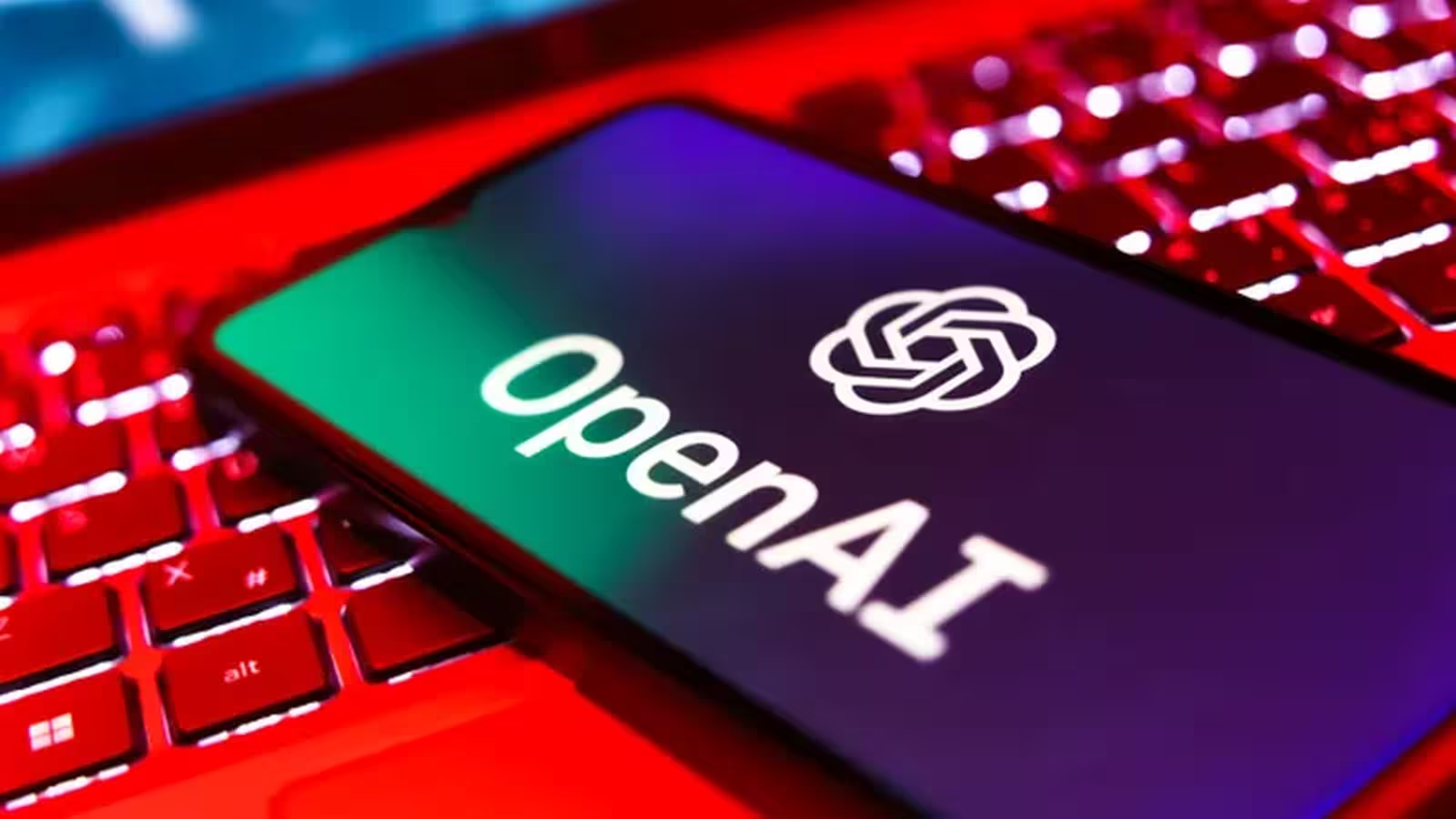5 Minutes
Open Letter From Top AI Experts Accuses OpenAI of Undermining Its Humanitarian Mission
Leading voices in artificial intelligence have united to express deep concerns over OpenAI’s changing business priorities and its potential impact on society. In a hard-hitting open letter, signed by prominent AI pioneers such as Geoffrey Hinton and Gary Marcus, along with notable figures like British actor Stephen Fry, the authors challenge OpenAI to reaffirm its commitment to benefiting humanity rather than prioritizing profits.
From Nonprofit Vision to For-Profit Controversy
When OpenAI was founded in 2015, its mission was clear: to develop artificial general intelligence (AGI) that serves all of humanity. Operating as a nonprofit, OpenAI vowed to ensure that transformative AI technologies would be freely beneficial and ethically aligned with human values. However, in recent years, the company has shifted toward a 'capped for-profit' structure, leading to mounting skepticism among both past insiders and world-renowned technology experts.
The open letter accuses the company, led by CEO Sam Altman, of making significant governance decisions behind closed doors. The authors argue that these moves obscure the terms and future direction of one of the planet’s most influential AI companies, raising fears that decisions are now being made without proper oversight or public involvement.
Transparency and Accountability at the Forefront
Central to the letter is a seven-point set of demands, which call for increased transparency around OpenAI's restructuring, governance, and profit allocation. The signatories are particularly concerned about whether OpenAI’s nonprofit board will retain any meaningful role and if the company intends to prioritize humanity over commercial gain moving forward.
Specifically, the letter seeks clarity on several pressing issues:
- Will OpenAI fully disclose how its transition affects legal commitments to the public?
- Does the company intend to commercialize future AGI and directly compete with other AI organizations?
- Will excess profits still be channeled toward global public good, in line with its original charter?
The signatories warn, “The stakes could not be higher.” OpenAI’s decisions around transparency, governance, and profit-sharing will have ripple effects not only for the organization itself but for the trajectory of global technology and society at large.
A Pattern of Growing Dissent
This letter is part of a broader movement calling for oversight of OpenAI’s operations. Earlier this year, many of the same experts formally requested legal intervention from the attorneys general of California and Delaware, urging them to halt the company’s transformation into a for-profit entity. They argue this shift fundamentally undermines OpenAI’s purpose of advancing AI for the benefit of humanity.
Additionally, internal challenges have surfaced. In the previous summer, a group of current and former OpenAI employees signed their own open letter, alleging that the company silenced staff concerns regarding the potential risks of their AI projects—a further indication of the tense debates surrounding the organization’s direction.
Wider Industry Implications and Comparisons
OpenAI’s transition to a for-profit hybrid model is not without precedent. Tech giants like Google DeepMind and Anthropic also navigate the delicate balance of corporate profitability and global ethical responsibility. However, the spotlight on OpenAI is particularly intense due to its foundational promises and rapid technological breakthroughs, including the widely used GPT language models.
Compared to peers, OpenAI’s approach raises unique questions about governance structure, public benefit, and how groundbreaking AI tools are commercialized or restricted. While its capped-profit model theoretically limits returns to stakeholders, critics worry these safeguards may erode over time without greater transparency.
Advantages and Use Cases: Why This Matters for Global Tech Stakeholders
OpenAI’s products, such as ChatGPT and DALL-E, have become essential tools for businesses, developers, educators, and creative professionals worldwide. Their scalability and versatility position OpenAI at the forefront of AI-driven innovation. However, as these systems become deeply integrated into industries from healthcare to finance, the company’s ethical governance and public accountability are more crucial than ever.
Understanding how OpenAI manages profits, partnerships, and AI commercialization directly impacts users, regulators, and the broader market. Continued advocacy from AI experts ensures pressure remains high on OpenAI to fulfill its global responsibilities as artificial intelligence grows increasingly central to digital transformation.
Source: futurism


Leave a Comment